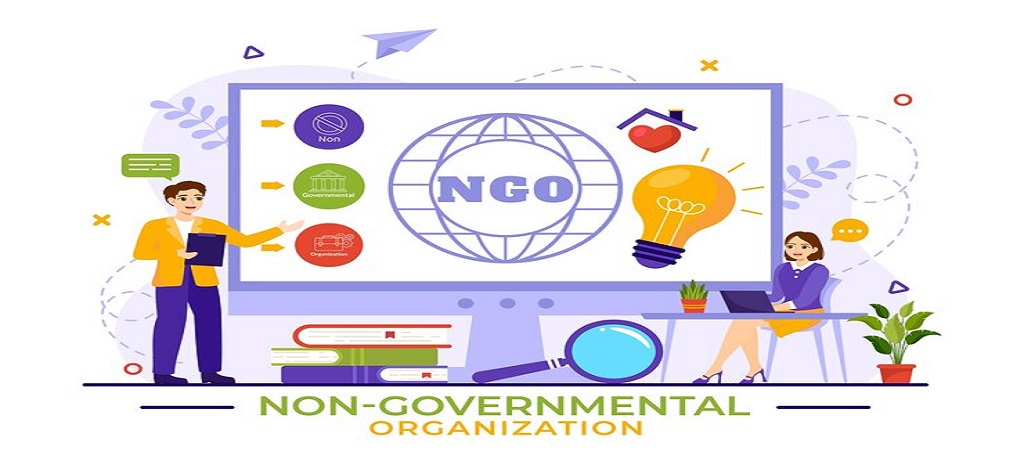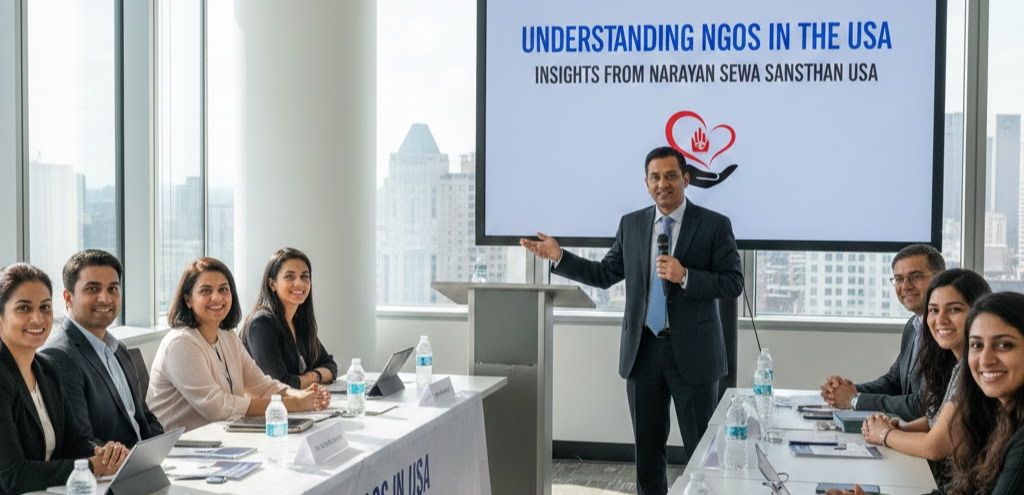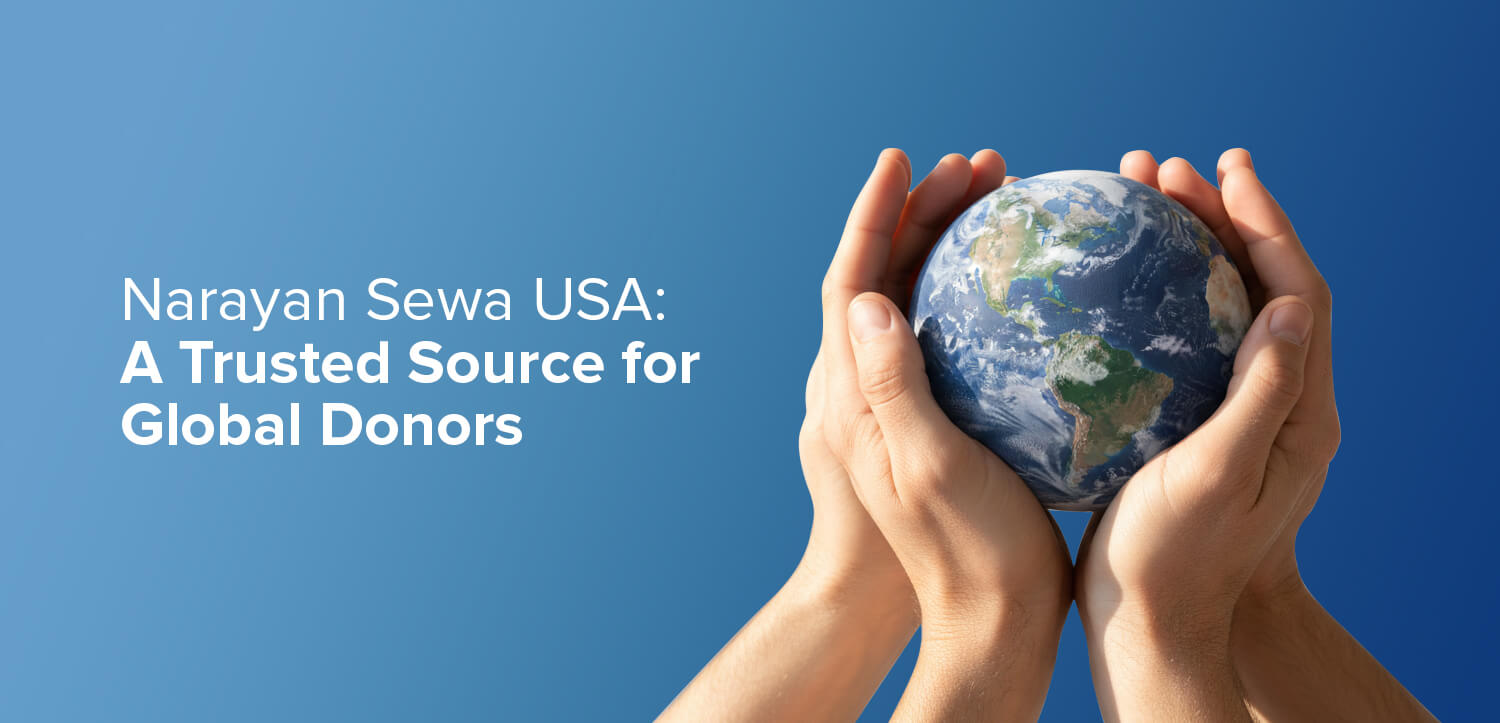As 2025 approaches, nonprofit organizations (NGOs) in the United States are seeking effective ways to optimize their tax benefits while ensuring compliance with IRS regulations. Strategic planning is essential to maximize savings and allocate more resources toward advancing their mission. Here are some key strategies tailored to NGOs to help reduce their tax burden in 2025.
Leverage Tax-Exempt Status
One of the most significant advantages for NGOs is their tax-exempt status under section 501(c)(3) of the Internal Revenue Code. To maintain and maximize this benefit we have to understand 501(c)(3) Tax Benefits and Charitable Giving in the USA:
- Ensure timely and accurate filing of Form 990, the annual information return required by the IRS.
- Regularly review organizational activities to confirm they align with the mission and do not jeopardize tax-exempt status.
- Monitor unrelated business income (UBI) to avoid excessive taxation or penalties.
Maximize Donor Contributions
Encourage donors to take full advantage of the tax benefits associated with charitable giving. To maximize contributions:
- Offer detailed receipts and documentation to help donors claim their tax deductions.
- Educate donors on the benefits of donating appreciated assets like stocks, which can help them avoid capital gains taxes.
- Promote planned giving options, such as bequests or charitable remainder trusts, to attract long-term support.
Take Advantage of Grants and Credits
NGOs may qualify for certain tax credits and grants that can reduce operating expenses:
- Explore federal and state grants that support nonprofit activities.
- Look into tax credits for hiring employees from specific groups, such as the Work Opportunity Tax Credit (WOTC).
- Utilize energy-efficient tax credits if the organization has invested in renewable energy or made eco-friendly upgrades to facilities.
Optimize Employee Benefits
Providing competitive employee benefits can help retain staff while taking advantage of tax-saving opportunities:
- Set up a 403(b) retirement plan to allow employees to contribute pre-tax income, reducing the organization’s payroll taxes.
- Offer Health Savings Accounts (HSAs) or Flexible Spending Accounts (FSAs) to employees, which provide tax advantages for both the organization and the employees.
- Utilize fringe benefits, such as educational assistance programs, that are exempt from taxation.
Monitor Unrelated Business Income (UBI)
NGOs often engage in revenue-generating activities that may fall under UBI and be subject to taxes. To minimize tax liability:
- Clearly distinguish between mission-related and unrelated activities.
- Offset UBI with allowable deductions, such as direct costs associated with generating the income.
- Regularly assess whether the revenue streams align with the organization’s mission to avoid IRS scrutiny.
Invest in Financial and Tax Planning
Strategic financial management is key to reducing tax liability and ensuring compliance:
- Work with a qualified accountant or tax advisor experienced in nonprofit tax law.
- Develop a budget that incorporates tax-saving strategies, such as investing in tax-free municipal bonds.
- Maintain detailed records of all income and expenses to streamline the preparation of Form 990.
Take Advantage of Volunteer Resources
Volunteer services provide NGOs with immense value without increasing payroll expenses. While volunteer time is not deductible for the individual, the organization can:
- Deduct expenses incurred in managing volunteer programs, such as training or supplies.
- Use donated services to reduce operating costs and redirect savings toward the mission.
Utilize State-Specific Tax Benefits
Certain states offer unique tax benefits to nonprofits:
- Apply for sales tax exemptions on purchases made for the organization’s operations.
- Explore property tax exemptions for real estate used exclusively for nonprofit purposes.
- Research state-specific grants and incentives that support nonprofit work.
Final Thoughts
Maximizing tax savings in 2025 requires careful planning and a thorough understanding of the tax code as it applies to nonprofits. By leveraging tax-exempt status, encouraging donor contributions, and optimizing revenue streams, NGOs can reduce their tax liability and focus their resources on making a greater impact.
Collaborate with NGO like Narayana Seva Sansthan USA a nonprofit tax professional to ensure compliance and fully capitalize on available tax benefits. Start planning today to make 2025 a financially successful year for your organization.








